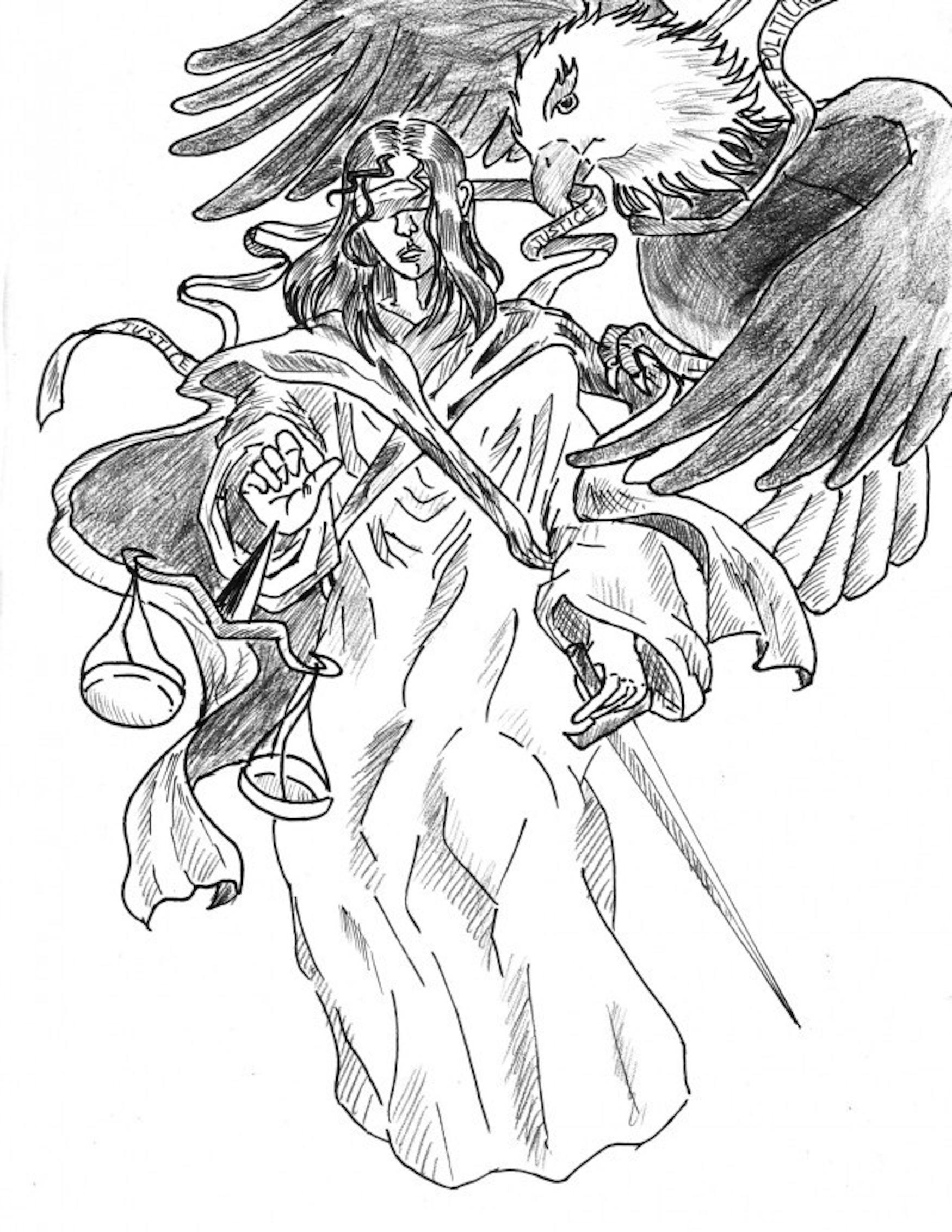Judicial elections hinder unbiased rulings
Last week, I was proud to vote for the first time in my life. In a democracy, citizens have a duty to choose the officials who will represent them in government. As I marked my New Hampshire ballot however, I noticed that there were no boxes to be checked for the state judicial branch.
Throughout American history, the judiciary has been the branch of government that citizens can rely on to solve problems fairly. To preserve this aspect of our court system, our judges should never be chosen through political elections. The task of a judge, as the federal judicial oath dictates, is to "administer justice without respect to persons," and judicial elections are corroding this responsibility.
In the Federal government, the president appoints judges to the Federal courts.
While some state governments, such as New Hampshire's, choose their judges through a similar process, most states continue to select judges in the same way they select their politicians, through popular elections.
Unfortunately, those states are oblivious to the burden that election imposes on a judge's responsibilities.
For the judiciary to function properly, its judges must be protected from political pressures.
Many rulings that judges issue are fair and legally correct, even if they are not politically satisfying or popular. This is the case with many court orders on contentious social issues, such as same-sex marriage.
When a judge's tenure depends on popular elections, his protection from political backlash is greatly weakened because voters can determine the fate of his job.
In a system with judicial elections, if the judge rules against the voters interests, the voters will be tempted, and will most likely, dismiss him in retaliation, no matter how impartial the decision was.
The 2010 judicial elections in Iowa illustrate the negative impact that voters impose when they can decide a judge's tenure. When voters choose their judges, campaigns are unavoidable as candidates and interest groups attempt to defeat their judicial opponents. After the Iowa Supreme Court's decision in Varnum v. Brien, which legalized same-sex marriage in the state, groups such as Iowa for Freedom and the National Organization for Marriage launched massive campaigns to unseat the justices who made the ruling.
NOM, along with several anti-marriage equality groups, provided one million dollars to oust the justices. The efforts culminated in exaggerated attacks on the justices' personal characters and past decisions, and ultimately cost them their careers. The voters, at the prodding of the interest groups, no doubt selected anti-marriage equality judges, just so their selfish views would be satisfied and projected.
NOM's actions demonstrate the damage that elections and campaigns inflict on courts. When voters, along with interest groups, have a direct say in selecting judges, they can unfairly rig the judiciary to ensure that it always rules in their favor.
These elections also send a negative message to state judges nationwide, that if they wish to stay employed, they must consider public opinions more than impartial justice.
Furthermore, when political campaigns are involved, judicial candidates are forced to prematurely commit themselves, even before considering the facts of a case, to a particular ideology or decision in an attempt to win voter approval. Such a setup is disgraceful to the work of judges.
Judging means giving each party an unbiased opportunity to plead his convictions before he receives a legal decision. However, after being elected to office, an elected judge may have to honor his commitment to his voters and to the pre-approved ruling, and so the case is over even before the lawyers even start to argue.
In the Declaration of Independence, one of the colonist's grievances was that the King had obstructed justice by "[making] Judges dependent on his Will alone, for the Tenure of their offices[.]" Sadly, we are obstructing justice today when we force judges to echo our will. Supreme Court Justice Stephen Breyer said, "[J]udges are not politicians. They're not junior league ... [or] senior league politicians."
Their ultimate duty is not to stiffly favor our selfish desires, but to be objective and to uphold the laws of the land. At many courthouse squares in the country, Lady Justice stands blindfolded with her balanced scales. If we wish to live in a society where Justice remains blind and "without respect to persons," we cannot permit judicial elections to keep operating.
While it's difficult even for judges to leave their political leanings and bias completely out of the courtroom, voting for them through political elections only further exacerbates the issue.
Unfairness has already permeated our justice system, and we should not aggravate it by continuing to pressure our judges.
*



Please note All comments are eligible for publication in The Justice.